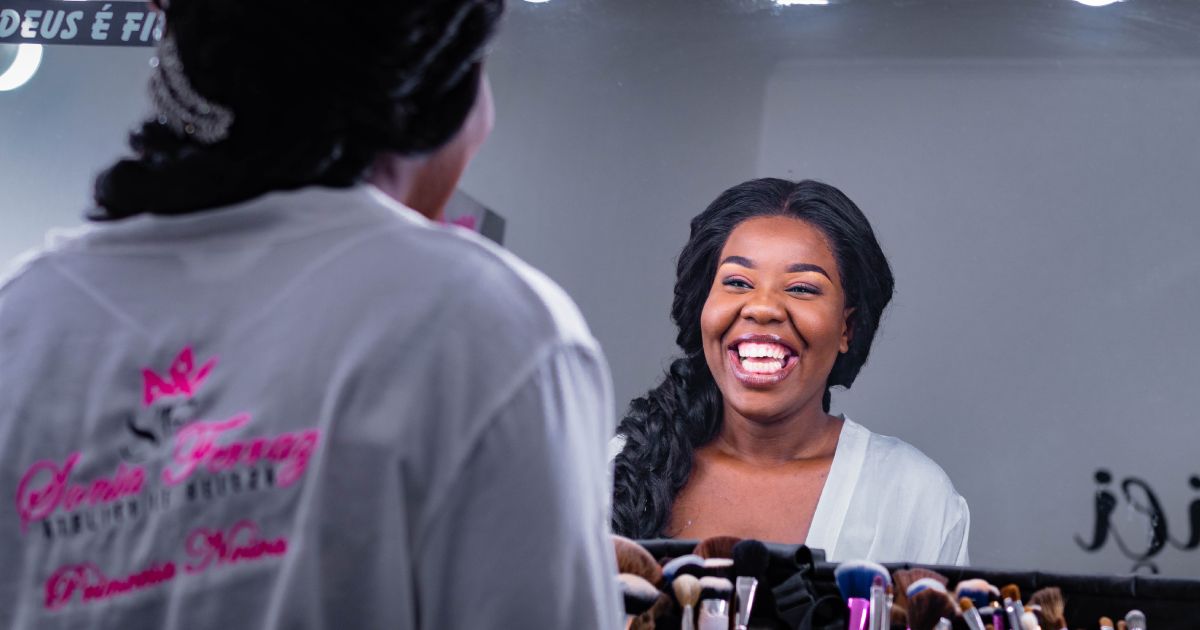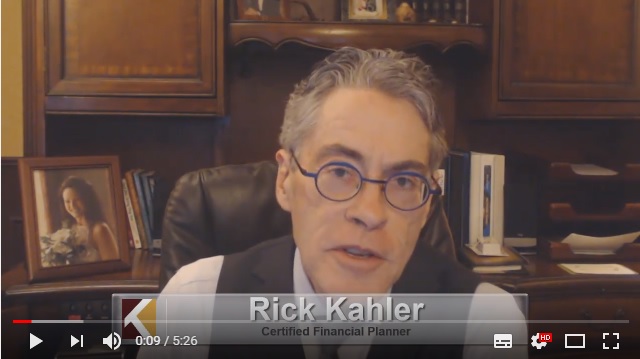The following blog is by Sophia Bera originally published in her website Gen Y Planning.
A lot of emphasis is placed on saving money when we talk about personal finance. Saving more and spending less equal financial success, right?
Fundamentally, yes, but that doesn’t mean all spending is bad. Spending money becomes an issue when it’s spent mindlessly on things that don’t bring us happiness. Or when we spend money fruitlessly in an effort to solve problems that are internal.
Here’s the reality: they don’t sell happiness in stores. Not lasting, fulfilling, true happiness. And while money can help you solve some basic problems by providing for essential needs, money can’t make all your problems disappear. In fact, many times, money only serves to highlight our internal struggles.
According to research by Daniel Kahneman and Angus Deaton, “U.S. happiness levels off at incomes around $75,000.” So if you’re a higher income earner already, making more money won’t actually make you happier. Here’s an article with more information about that study.
Why Money Doesn’t Always Solve Our Problems
Sometimes more money really does equate to more problems. That happens when we’re spending our money ineffectively, or when we chase after happiness by trying to spend more and more to find it.
Our problems aren’t always based on the amount of money we make in a year. More often, they’re internal and psychological. For example, if you don’t understand that buying more and more stuff isn’t making you happier, having more money — which will allow you to buy more stuff — isn’t going to solve your problem.
Or if you think you’d only be happy if you had more money like your friend or family member, but you’re actuallydissatisfied with the career you have, earning more in unlikely to make you satisfied. Only taking action and making a change to your employment situation is going to make you happy.
None of this means we should give up our efforts to grow wealth. Not having any money, or not having enough money to care for ourselves, causes a whole different set of problems. But if you’re working to earn more and save more to increase your wealth, you can’t pin hopes for solving today’s problems on tomorrow’s money. Money is not an automatic problem-solving tool.
How to Use Money to Increase Happiness
Remember, money can’t purchase happiness outright. But if used correctly, we can leverage it to increase our satisfaction and positive feelings. After all, money is a tool and like all tools can be used for good if you know how to do so.
The first step is to align your spending with your values. The way you spend your hard-earned money should be in harmony with what you believe is most important in your life. Yes, it’s easier said than done.
Identifying your values means taking a good, long, hard look at your life and what you want to do with it. It means being honest about your dreams and your goals, and accepting what it will take to achieve them both. It means creating and setting priorities, and sticking to them.
When you do this, you can start to see how some spending is unnecessary – and can even take you away from what you want to accomplish.
The second step is to understand what makes you feel truly happy and fulfilled. You need to learn how to recognize the difference between happiness that lasts and adds quality to your life and happiness that is superficial and fleeting.
A good rule of thumb? Go for experiences and relationships over stuff and more material possessions that you don’t need. Buying stuff makes us feel happy in the moment, but spending on things actually drags us down over time. We tend to create real, lasting happiness when we do things instead of own things.
Action Steps for Aligning Your Money and Happiness
After you have a heart-to-heart with yourself (and your partner, if you share finances with your significant other), it’s time to take additional steps to ensure you’re working on building both your wealth and your happiness. You can do this by:
- Practicing gratitude
- Thinking positively
- Spending money on experiences instead of things
- Assessing your spending (month to month). Are you using your money to increase your happiness and add value to your life? Are you trying to make a living or a life?
- Spending money on others or donating to charity. Giving really can make you happier.
In the book Money Can Buy Happiness by, MP Dunleavey, she states that money can buy happiness if used to buy: “more time, less stuff, better health, stronger relationships, greater confidence, rewarding hobbies, life enhancing skills, financial security and peace of mind.” So the next time you’re going to spend money, see if it’s going towards one of these areas and then you might be buying yourself a little happiness too!
 About the author: Sophia Bera, CFP® is the Founder of Gen Y Planning and is a financial planner for Millennials. She’s passionate about helping people in their 20s and 30s across the with their money. She is a contributor for AOL’s Daily Finance website and has been quoted on various websites and publications including Forbes, Business Insider, Yahoo, Money Magazine, InvestmentNews, Financial Advisor magazine, and The Huffington Post. She was named one of the “Top Financial Advisors for Millennials” by the website: www.MoneyUnder30.com. Sophia is a sought after speaker and presenter and is an active member of the Financial Planning Association. In her free time, she enjoys performing as an actor/singer and traveling the world with her husband, Jake. Follow her on Twitter @sophiabera or sign up for the Gen Y Planning Newsletter to stay up to date on financial articles geared towards Millennials.
About the author: Sophia Bera, CFP® is the Founder of Gen Y Planning and is a financial planner for Millennials. She’s passionate about helping people in their 20s and 30s across the with their money. She is a contributor for AOL’s Daily Finance website and has been quoted on various websites and publications including Forbes, Business Insider, Yahoo, Money Magazine, InvestmentNews, Financial Advisor magazine, and The Huffington Post. She was named one of the “Top Financial Advisors for Millennials” by the website: www.MoneyUnder30.com. Sophia is a sought after speaker and presenter and is an active member of the Financial Planning Association. In her free time, she enjoys performing as an actor/singer and traveling the world with her husband, Jake. Follow her on Twitter @sophiabera or sign up for the Gen Y Planning Newsletter to stay up to date on financial articles geared towards Millennials.





0 Comments